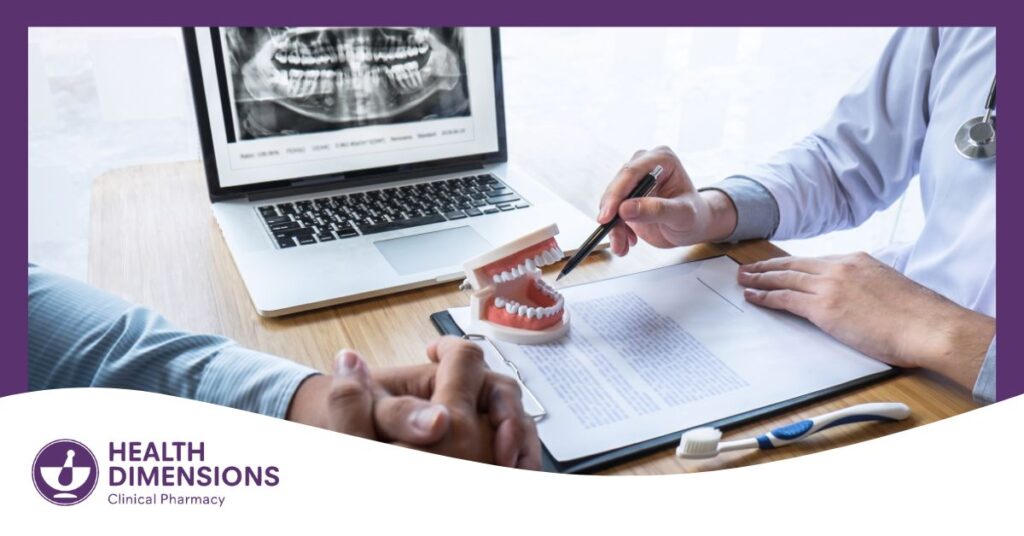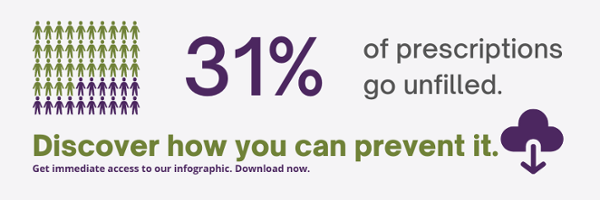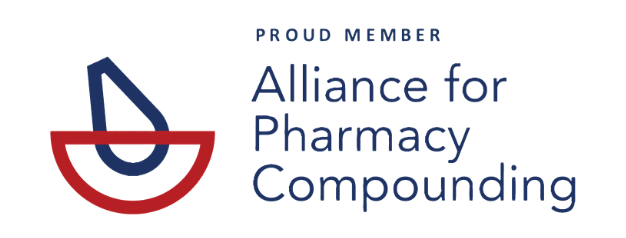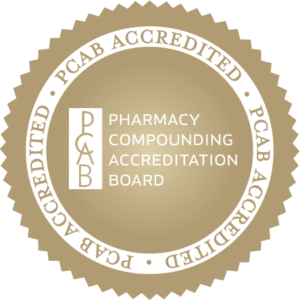Pharmaceutical compounding broadens the medication options available to a dentist. Through different forms, different combinations, and with specific patient needs in mind, a compounding pharmacist is providing personalized options for prescribers and patients that can directly impact treatment outcomes.
From analgesic gels, to lollipops to treat oral thrush, compounding pharmacists find ways to deliver medicine to dental patients in customized methods to personalize the dental care. These solutions can help make every trip to the dentist a better experience.
Here’s a list of a few dentist medication options a compounding pharmacist can provide:
| Periodontitis treatments | Dry socket preparations |
| Oral sedation in lollipops and freezer pops | Lozenges to help prevent gagging |
| Mouth rinses for dry mouth | Modified Magic Mouthwash |
| Topical muscle relaxants/analgesics for TMJ pain | Topical anesthetics |
| Mucosal bandages for wounds & inflammation | MANY other customized preparations/delivery |
What is a compounding pharmacy?
This list is certainly not all inclusive, but could be considered a starting point of the discussion. Some of these solutions are novel or customized delivery systems. They include some standard medications, in different doses, different forms and/or different combinations. To give a closer glimpse into the possible, here are a few examples:
Five examples of medication options for Dentists
Sedatives
Sedation dentistry is the preferred path for many who have anxiety issues with going to the dentist. A compounding pharmacist provides a variety of oral sedation options that are needle-free and can reduce anxiety. This sedation can take a variety of forms, such as a lollipop.
Pain Management
Not many people, if any, enjoy being stuck with a needle. For some dental patients, that can be a major issue. To avoid having to stick patients with a needle, dentists are often resorting to topical anesthetics, but commercially available forms are often not as effective. Here is where dentists are moving towards topical analgesics prepared by a compounding pharmacist. As an example, compounding pharmacists will combine Lidocaine, Tetracaine, and phenylepherine in a dental gel (e.g.4%/4%/2%, or other strengths). Non-caine solutions might use Dyclonine in a 1% solution.
Temporomandibular joint (TMJ)
Dental health professionals are often working with patients on elusive issues such as TMJ. There have been recent studies regarding new ways to treat TMJ in a non-invasive manner. This treatment suggests the use of potassium complex and dimethyl isosorbide in aqueous gel. This treatment is seen as a first step–removing pain and inflammation to allow for a definitive diagnosis and the creation of a treatment plan.
Anti-emetics
For some, a trip to the dentist goes beyond pain or anxiety, but includes disastrous reactions to treatment or medication, in the form of nausea and vomiting. Compounding pharmacists assist in this situation with the formulation of anti-emetics that will fight nausea and worse. An example of a commonly used compound is Promethazine. The compound is used in a gel, which when applied to an area of soft skin, will reduce nausea, vomiting and even vertigo. The dose is normally 25 milligrams for adults, or less for children.
Anxiety
A trip to the dentist can be trying for some. Anxiety over dental procedures can get to the point of interfering with procedures or successful outcomes. Compounded medication solutions could include anti-anxiety medications such as Midazolam in an oral suspension.
These are just examples of some of the more common dental compounds. As mentioned earlier, dental compounded treatments are no different than other healthcare related treatments in that these specialized medications are customized for each patient. Issues of adherence or tolerance are addressed for each patient by providing it in a more acceptable form, such as a gel, or even a lollipop.
It is important to remember that these medications are unique, and are created in close partnership with a compounding pharmacist and a healthcare professional.
Health Dimensions Clinical Pharmacy has been providing pharmaceutical solutions to dentists and their patients since 1996. Health Dimensions is located in Michigan and serves states in the Great Lakes region. Health Dimensions Clinical Pharmacy was among the nation’s first compounding pharmacies to earn accreditation by the Pharmacy Compounding Accreditation Board (PCAB) of the Accreditation for Healthcare Commission (2006). Our mission is to partner with healthcare providers to provide service excellence, accuracy, and rapid response for improved patient outcomes. To learn more about building a partnership, call Health Dimensions Clinical Pharmacy at (800) 836-2303.

